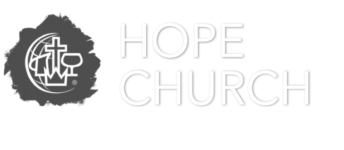syn·cre·tism
ˈsiNGkrəˌtizəm
- the amalgamation or attempted amalgamation of different religions, cultures, or schools of thought.”interfaith dialogue can easily slip into syncretism”
- the merging of different inflectional varieties of a word during the development of a language.
Syncretism isn’t a word most of us probably use on a regular basis, but it’s something Christians should be aware of every single day. Syncretism is what has happened when people can no longer discern the difference between what it means to be a good American (or republican, or democrat, or social activist, or capitalist) and a Christian. It is evident when people no longer accurately discern a difference in values, agendas, priorities, and perspectives. Syncretism reminds me of a timeless quote from an old movie, “The greatest trick the devil ever pulled was convincing the world he didn’t exist.” That’s syncretism. Genuine Christians are absorbed by their surrounding cultures. They fade away and they don’t even know it.
The Solution
There’s a simple solution to this problem. The Bible. Not the Bible as a superstitious or nostalgic relic to be placed on end tables and bookshelves. Not the Bible as a source for fuzzy-feeling quotes to hang on the wall and affirm whatever we already desire and think. The solution is the Bible as the long story of what God is up to in this world. If we will actually read it, it provides everything we need to untangle ourselves from the patterns, perspectives, and priorities of the world around us.
When Jesus kicked off his ministry, the first words Mark records for us are every bit as crucial for us today as they were in the first century:
“God’s reign is unfolding and Jesus is becoming King. You’re going to have to rethink everything and learn how to live in response to the circumstances in which you now find yourself” (Mark 1:15).
Let’s do it. Let’s turn away from old thinking and old ways of living. Let’s live like people who understand that Jesus is King and that we’re already determining our places in his kingdom by our everyday lives here and now.
